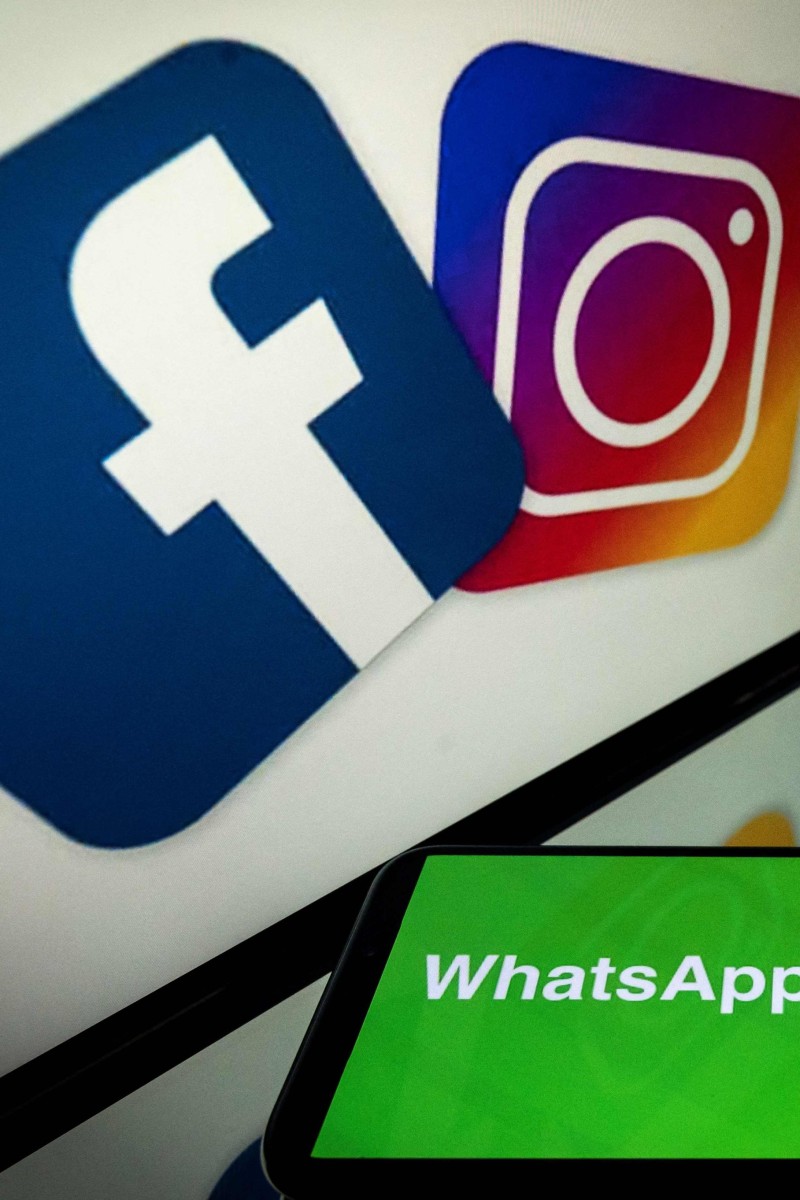
Anti-Semitism and hate speech ‘reaching younger audiences on social media,’ new research says
- Ideas promoting prejudice and discrimination against Jewish people are being spread on online platforms such as Instagram and TikTok, report anti-hate organisations
- Conspiracy theories are on the rise during the Covid-19 pandemic
 Anti-semitism is spreading to younger generations via social media, activist groups say. Photo: AFP
Anti-semitism is spreading to younger generations via social media, activist groups say. Photo: AFPAnti-Semitism – prejudice and discrimination against Jewish people – is being repackaged and disseminated to a younger generation of social media users through platforms like Instagram and TikTok, according to analysis published on Wednesday.
Anti-Semitic stereotypes are “rife across every social media platform” but companies are failing to act, UK group Hope Not Hate, Germany’s Amadeu Antonio Foundation and the Expo Foundation in Sweden said.
Hate speech remains more extreme on sites such as Parler and 4chan, but is being introduced to young users on mainstream platforms, they said in a joint report.
‘Instagram for Kids’ plan put on hold
On Instagram, where almost 70 per cent of global users are aged 13 to 34, there are “millions” of results for hashtags relating to anti-Semitism, the research found.
On TikTok, where 69 per cent of users are aged 16 to 24, it said a collection of three hashtags linked to anti-Semitism were viewed more than 25 million times in six months.
“A new generation of social media users have been introduced to anti-Semitic ideas they would be unlikely to encounter elsewhere,” Hope Not Hate head of research Joe Mulhall said.
Instagram pledges to curb mental harm to teenagers
But according to the report, “tech companies have the ability to affect the amount and extremeness of anti-Semitism on their platform, and many of them are completely failing to address the issue”.
The report comes as Facebook, which owns Instagram and messaging platform WhatsApp, faces intense scrutiny over accusations from a whistle-blower that it prioritises profit over safety and stokes division.
Research found that on these platforms, anti-Semitism was reaching younger users as conspiracy theories, with an “unprecedented rise” during the pandemic.
It showed Google searches for “New World Order”, an anti-Semitic conspiracy theory about a secret global elite, reached their highest level in 15 years in March 2020.
The pandemic has encouraged the circulation of new lies accusing Jewish people of being responsible for Covid-19, the report said.
Why you love watching cooking videos on social media
It also showed that older narratives, such as Holocaust denial, had morphed online to “more mocking and internet-friendly forms of denial”.
A Facebook spokesperson said in response that anti-Semitism was “completely unacceptable” and pointed to changes to its policies last year that more aggressively policed hate speech and Holocaust denial.
In a statement, a TikTok spokesperson said the platform “condemns anti-Semitism” and would “keep strengthening our tools for fighting anti-Semitic content”.